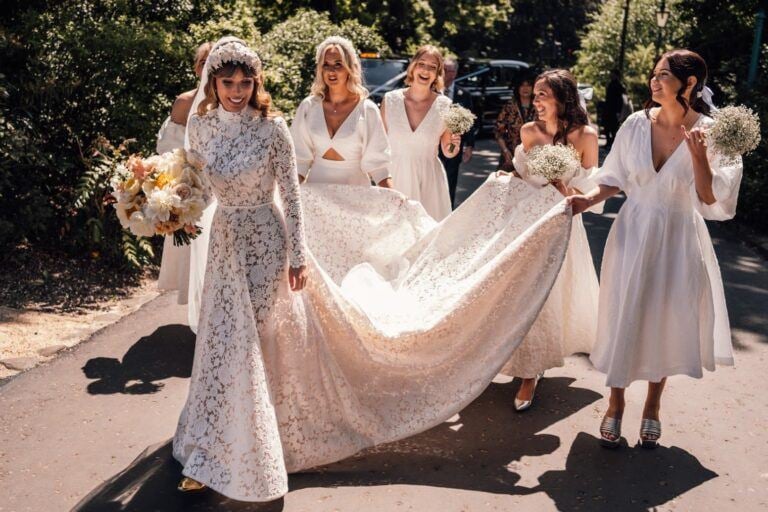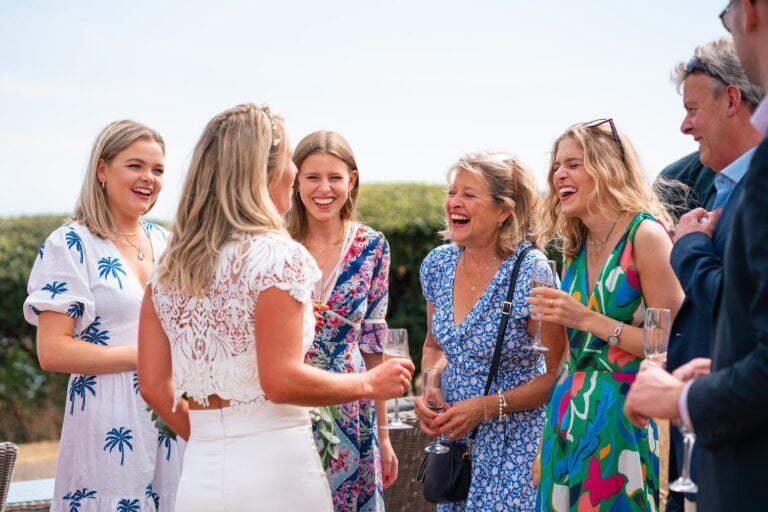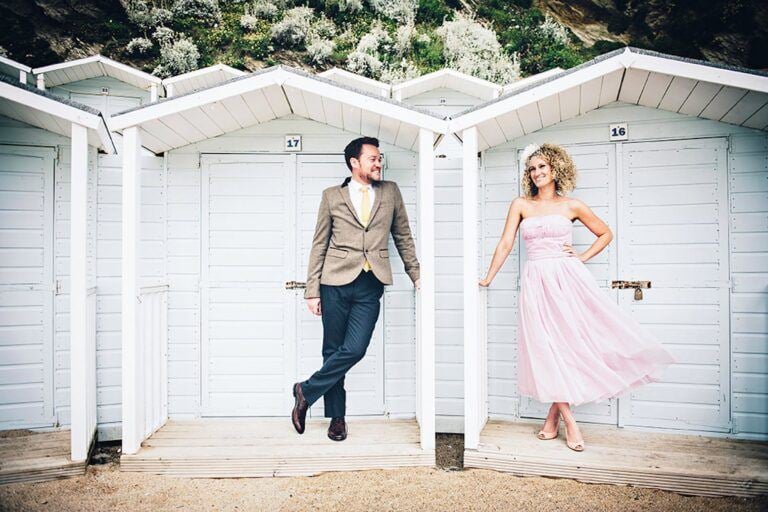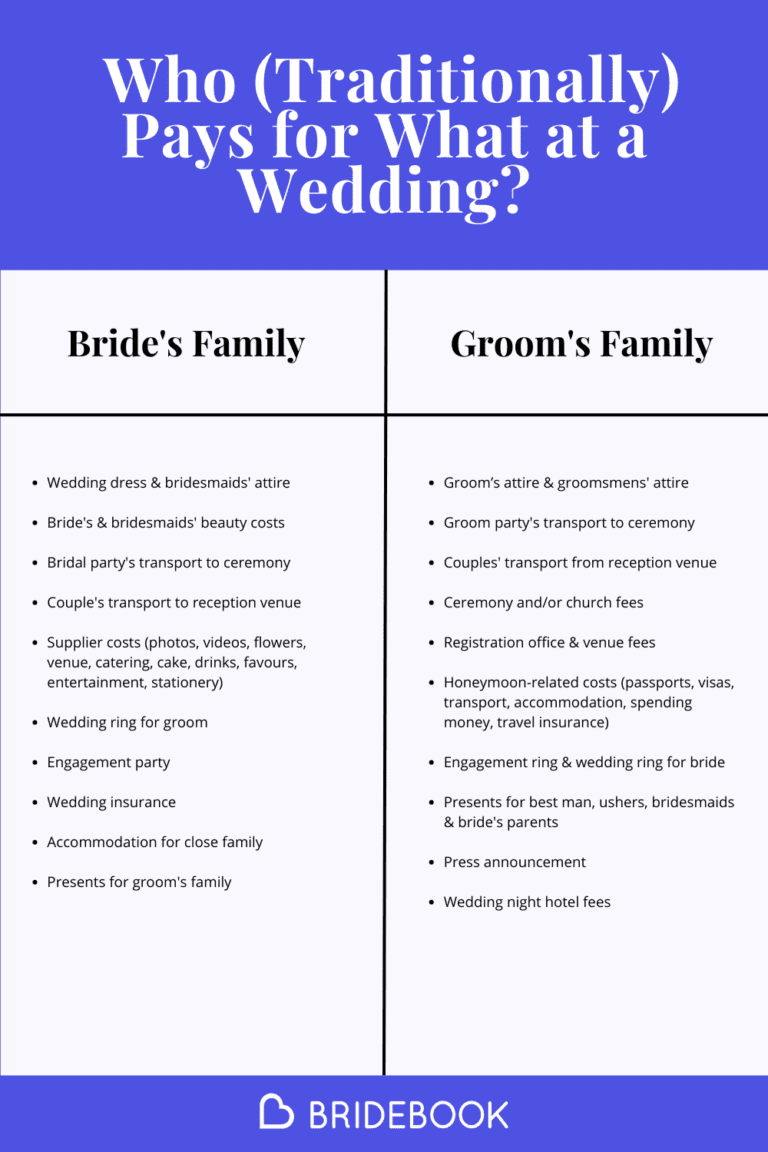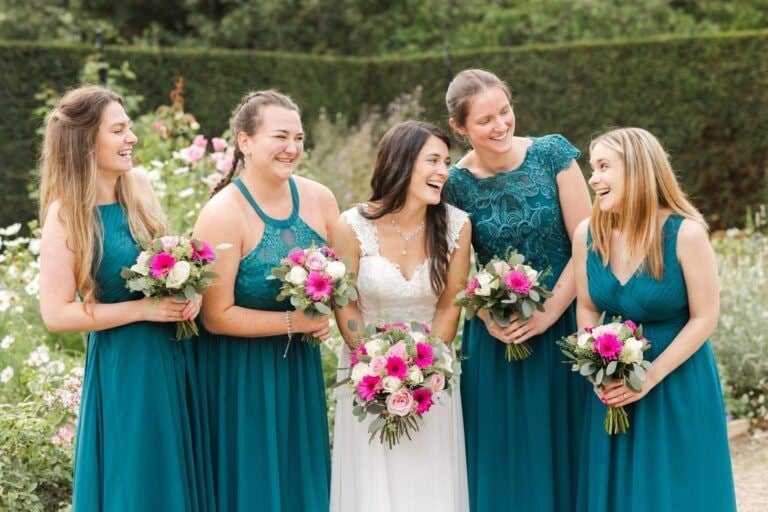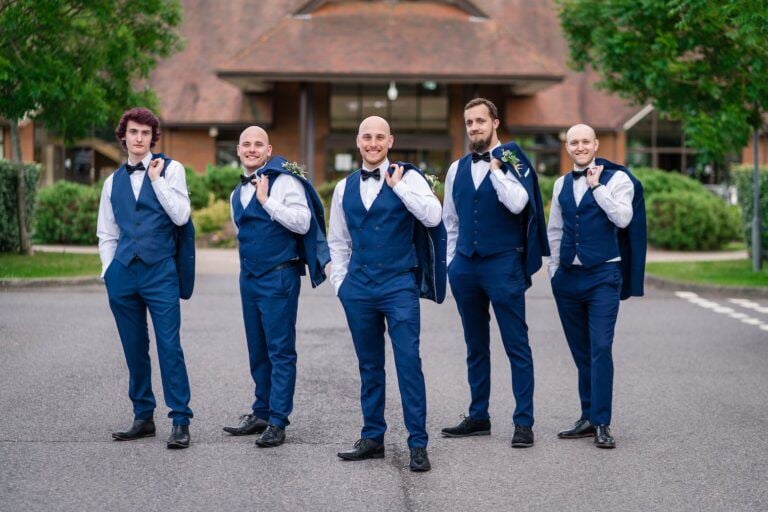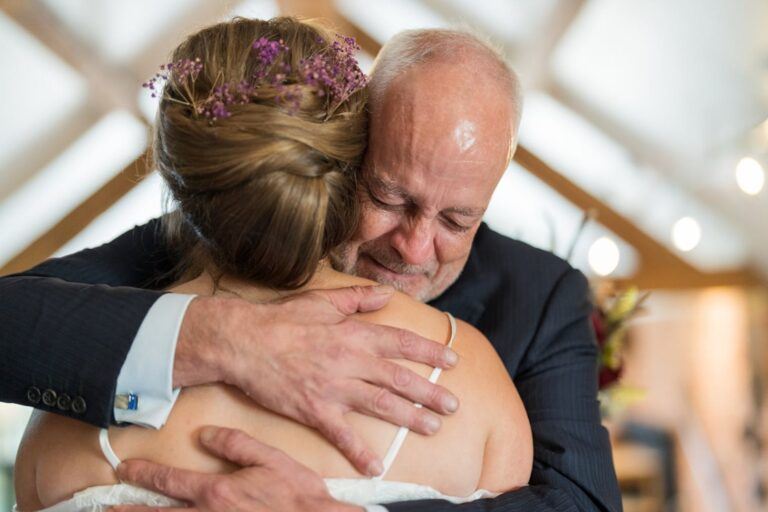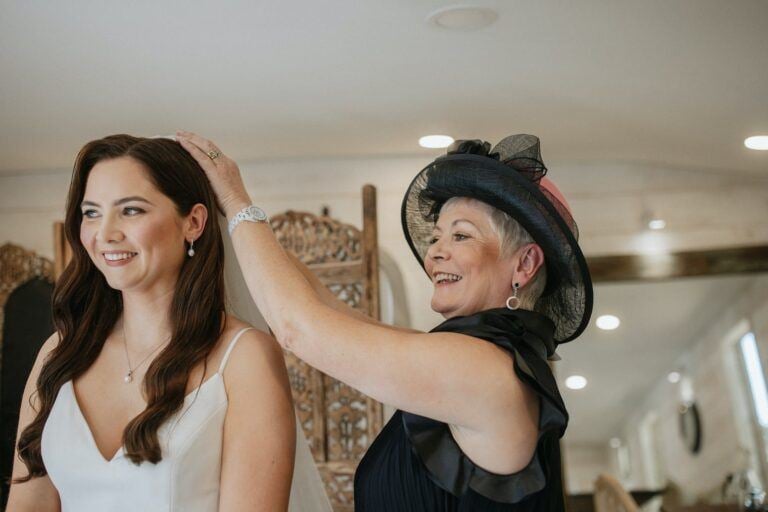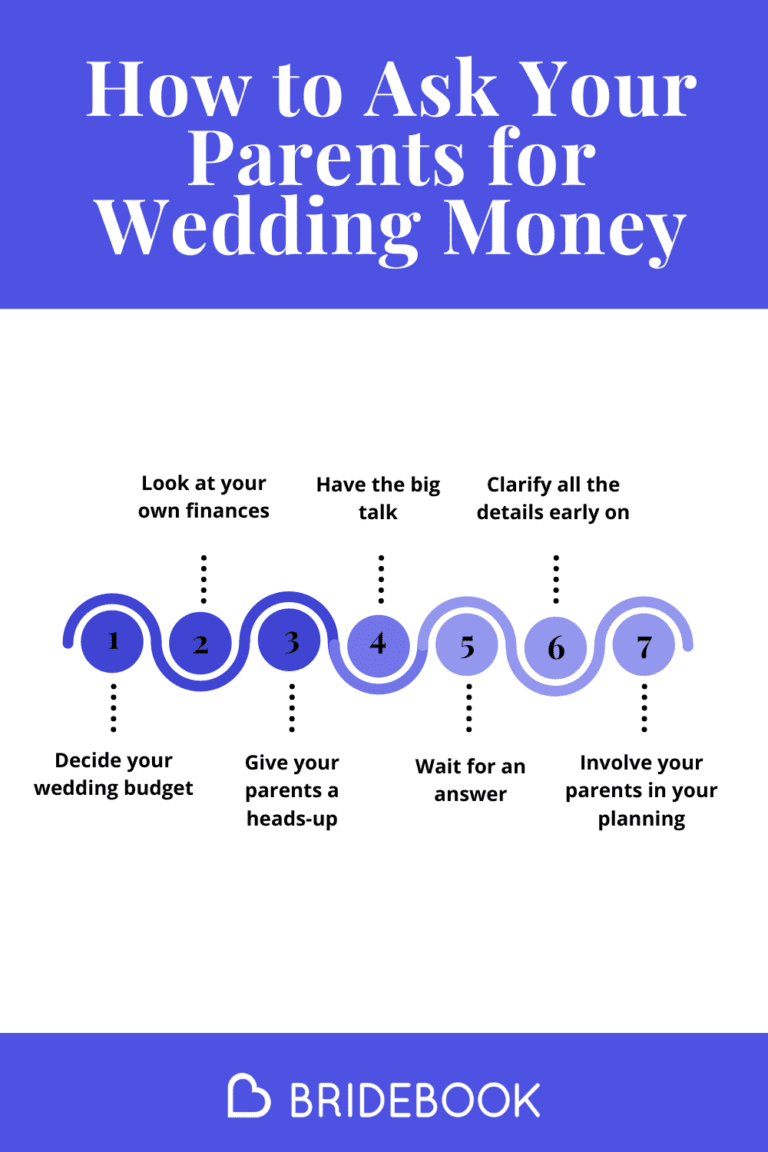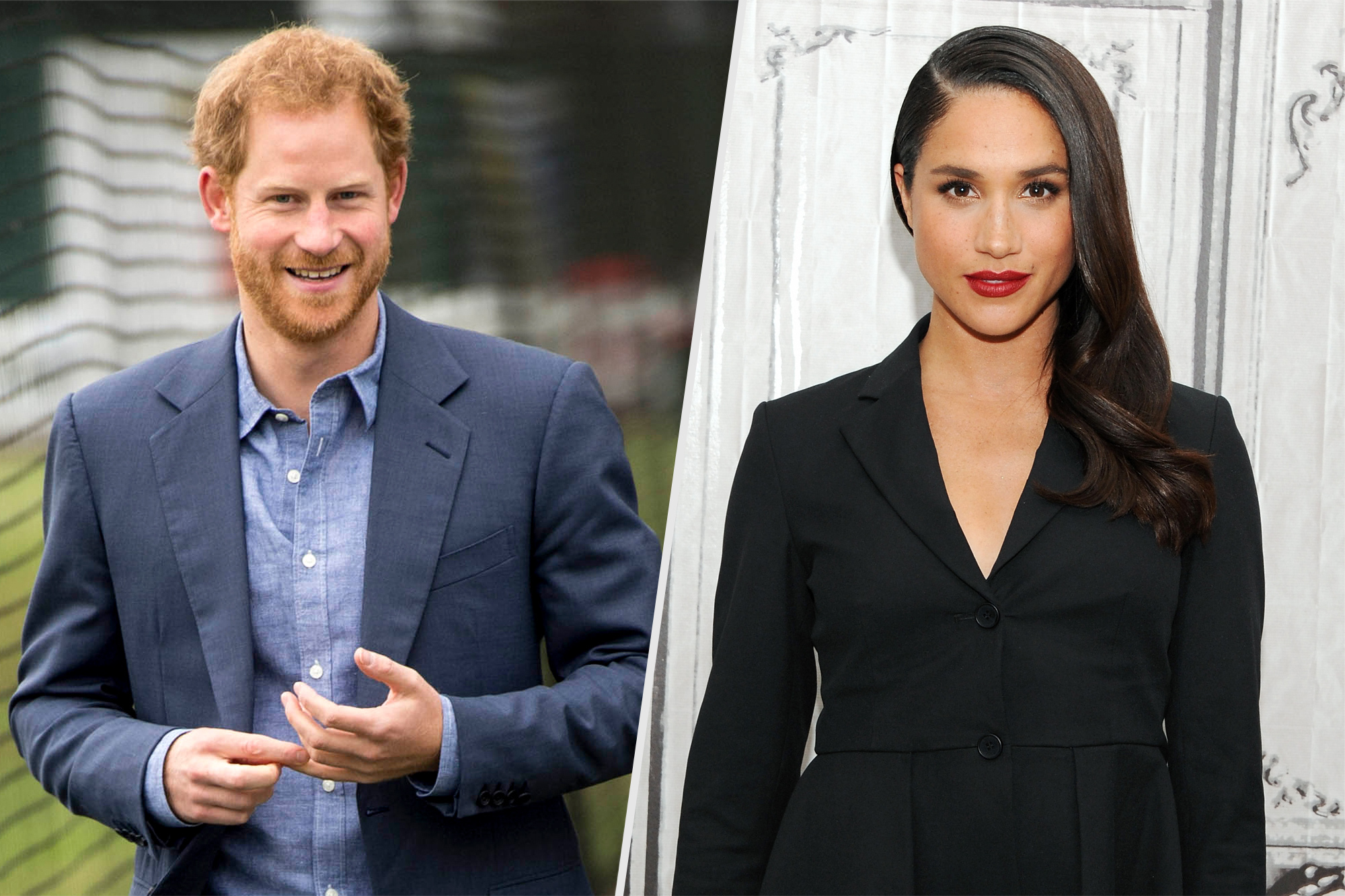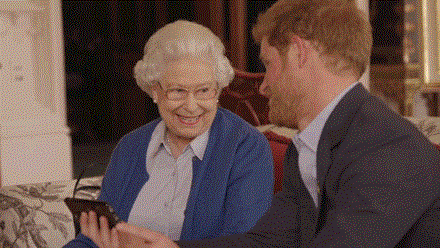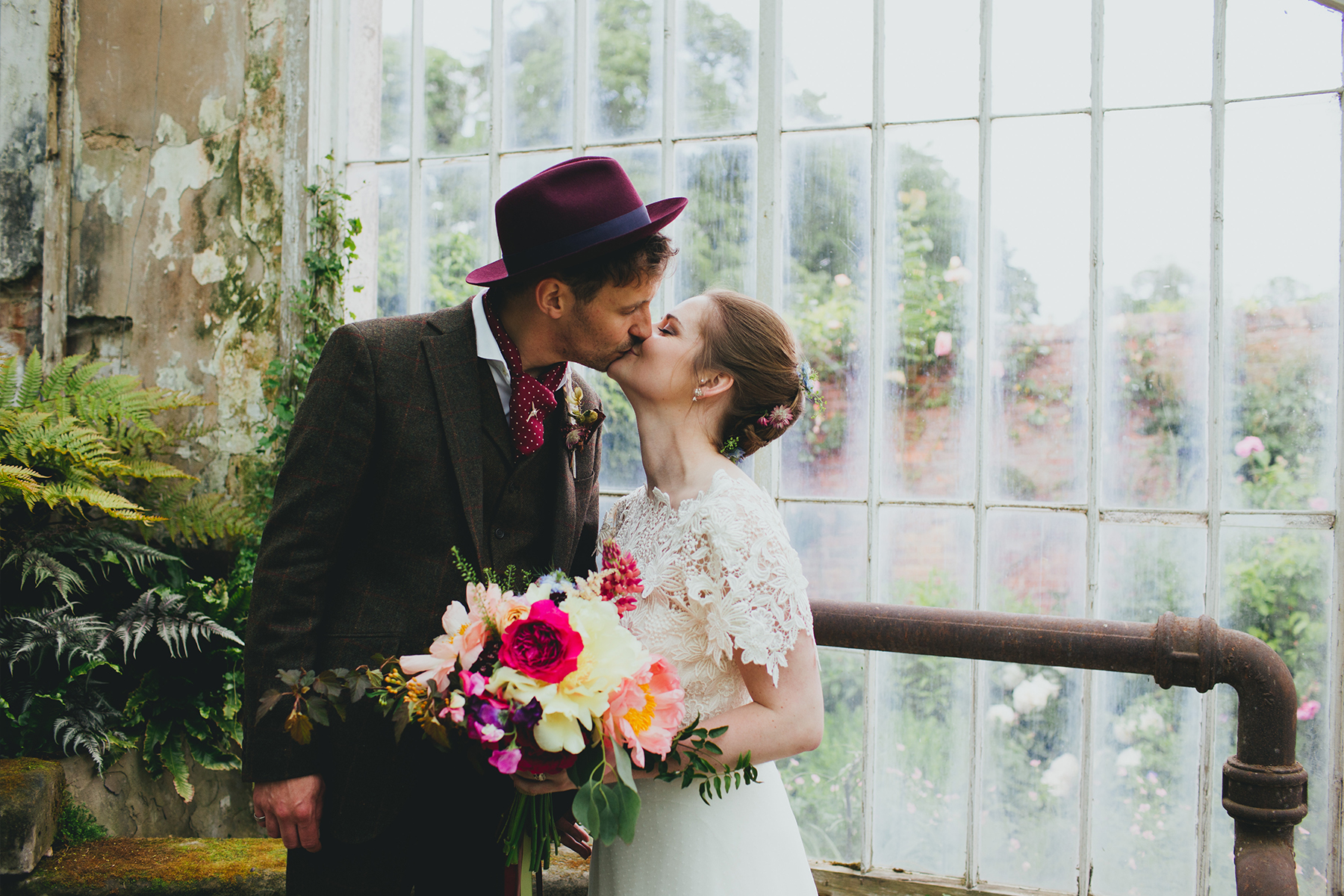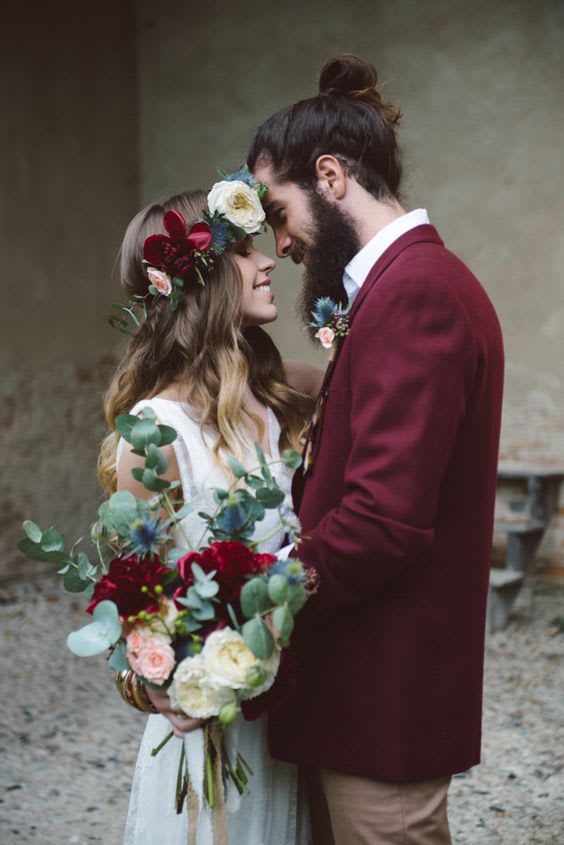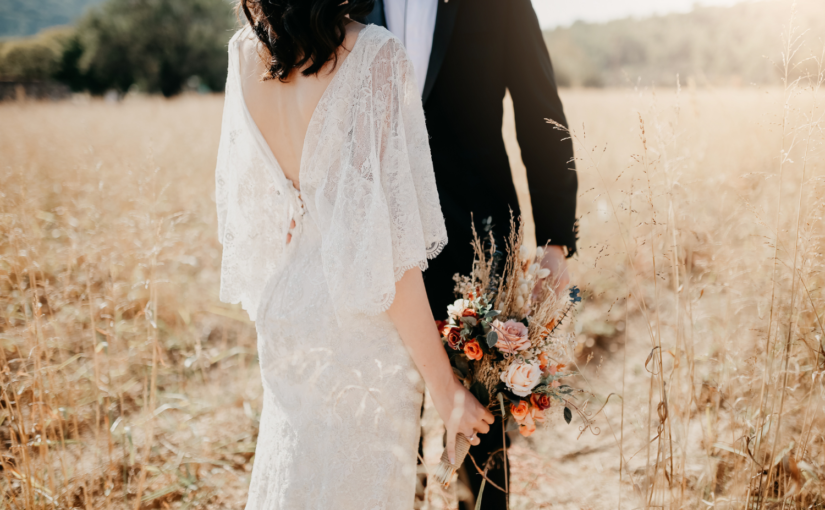When you picture your dream wedding, what do you see? Are you standing on a white sandy beach with a crystal blue sea view? Perhaps you’re surrounded by historical castle ruins? Or are you nestled within a quaint garden lit up by thousands of twinkling fairy lights?
The venue you choose for your wedding sets the tone for so many parts of the day: style, theme, catering, and even your wedding guest list. So not only do you need to pick the perfect venue to reflect your personality and relationship, but it also needs to be big enough to fit all of your family and friends, as well as align with your budget.
In 2024, the average cost of a wedding venue in the UK is around £8,000 – £10,000, which is over a third of the average overall wedding budget of £20,775. When you’re spending this much money, you need to be sure you’ve chosen the right venue while not breaking the bank.
In this post, we’re going to dive into the many ways you can save money on your wedding venue, which could as much as halve the amount you spend.
10 ways you can save money on your wedding venue
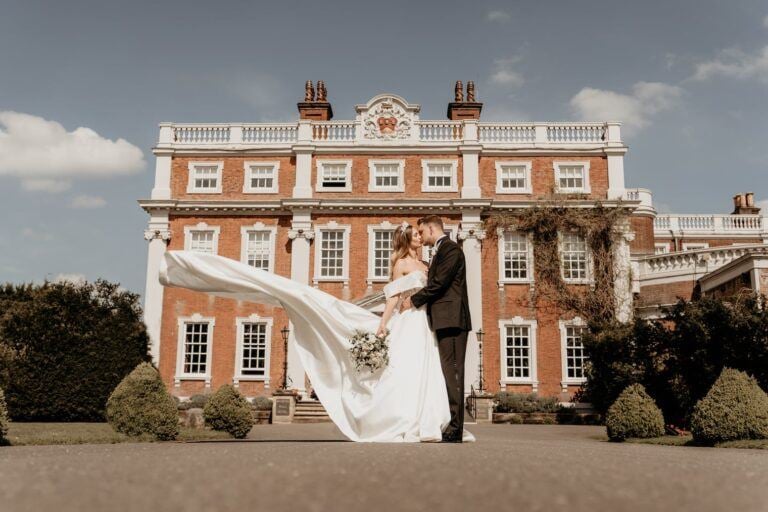
Here are 10 ways you can save money on your wedding venue, so you can have the wedding of your dreams without breaking the bank.
1. Host the ceremony and reception at the same venue
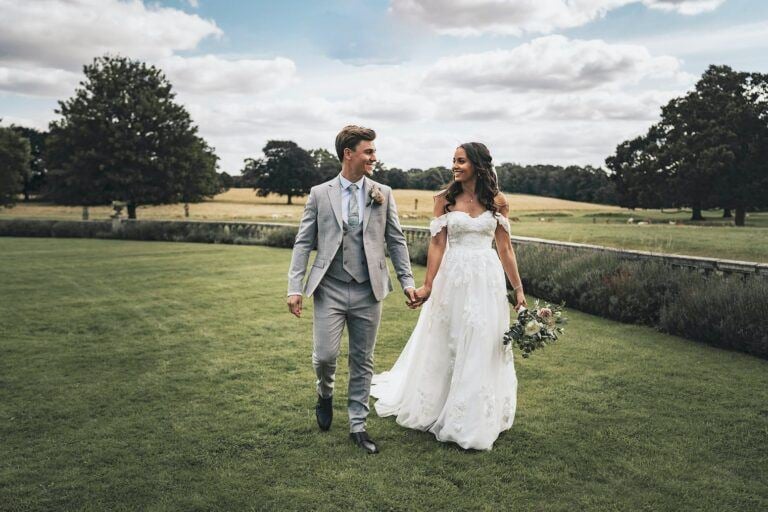
Many couples use separate sites for the wedding ceremony and the reception. However, doing that means paying two separate costs that include venue hire, staff costs, facilities costs and more. Instead, if you host both events at one location it can greatly reduce what you pay. Thousands of venues can host the ceremony as well as the wedding breakfast and the evening reception. Not only will this save you money on the venue, but it also means you don’t have to worry about transport for your guests. Plus, it saves you time, energy and stress. The only exception to this is church weddings, where there aren’t generally the facilities to host a post-wedding celebration.
Plus, if you’re getting married in a hotel, all your guests have to do is stumble upstairs at the end of a long night of partying – and you may even get your night in the honeymoon suite heavily discounted if your guests fill enough rooms.
2. Trim your guest list
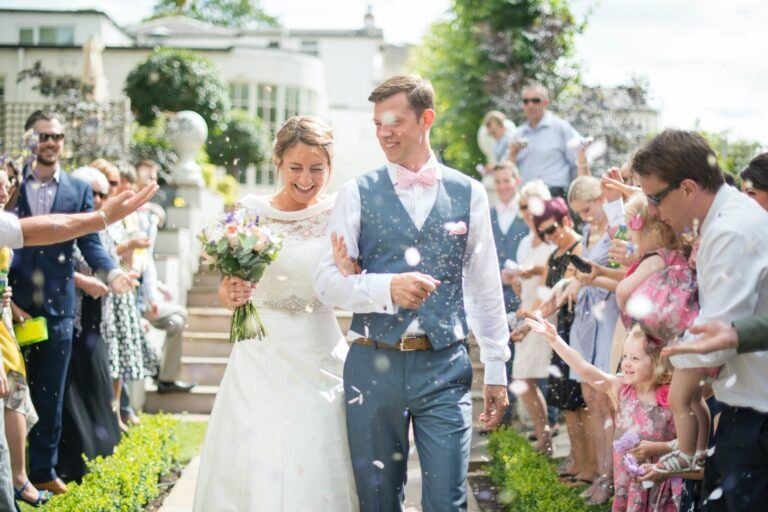
Cutting friends, colleagues, acquaintances and even family from your guest list can be tough – but some sacrifices are worth it. If you’re on the fence about this, know that a smaller guest list reduces the budget spent and increases your venue options. Most places have a dining capacity of between 100 and 150, so an extensive guest list would result in you missing out on so many amazing venues.
The average amount of money spent per guest at a wedding is £200, which includes everything from the venue to the catering. To put this into perspective, a table of eight guests will set you back around £1,600. That’s something to bear in mind when giving a +1 to your colleagues.
A smaller guest list also means you’ll spend less on food, decor, table placements, drinks, invitations and more. If you struggle to make too many cuts to the guest list, at least try seating them at bigger tables. This will save you money on centrepieces and it will encourage everyone to chat with each other.
3. Host a weekday wedding
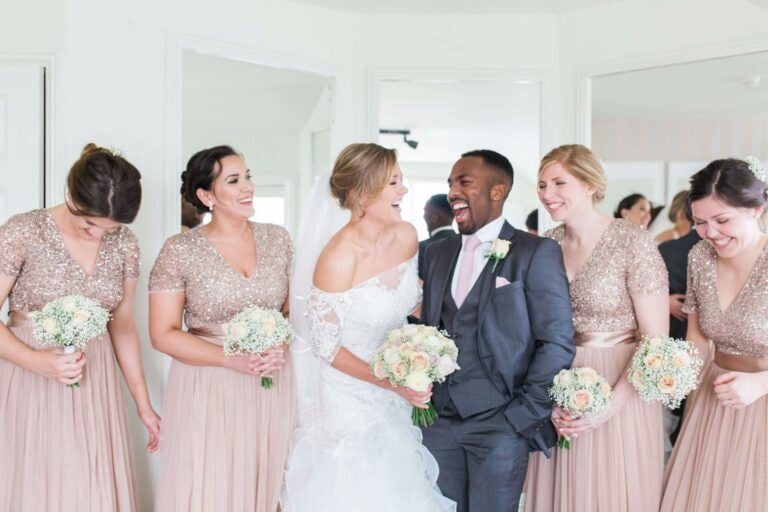
Many couples prefer a weekend wedding: it’s the day when most guests can make it, as they have fewer work commitments. However, you can make significant savings if you book a midweek wedding, so it’s definitely worth asking your friends and family to book a day or two of annual leave. Here’s a rough breakdown of what wedding venue costs can look like when hosted on different days of the week:
- Monday – £7,175
- Tuesday – £5,938
- Wednesday – £6,040
- Thursday – £7,112
- Friday – £8,045
- Saturday – £8,041
- Sunday – £7,410
As you might expect, Fridays and Saturdays are the most expensive days when it comes to the cost of a wedding venue, at a little over £8,000 for each. If you are set on a weekend wedding, Sundays are the most affordable option at around £600 less than a Saturday.
Or, to make the biggest savings, why not consider a Tuesday wedding? It’s more than £2,000 cheaper to get married on a Tuesday when compared to a Friday or Saturday – it might not be the most convenient of days, but it is the most affordable. You’re also likely to find that other vendors, such as photographers and entertainers, also have far more competitive rates when you book them for a midweek wedding.
4. Consider a twilight wedding
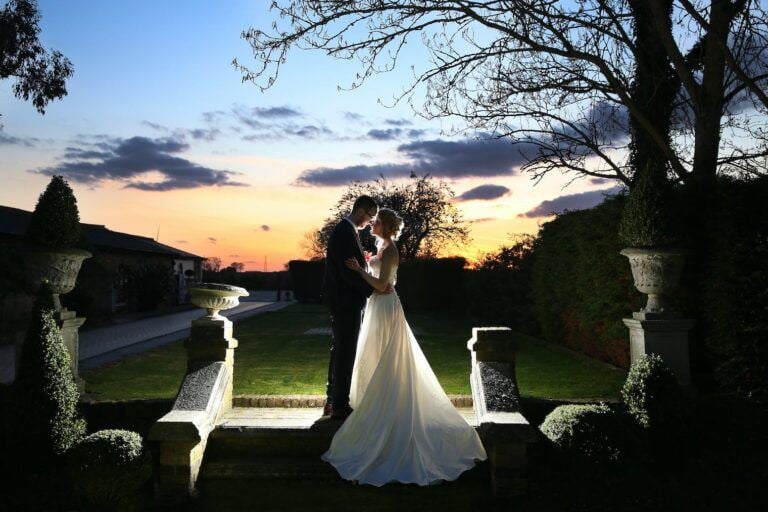
Many couples opt to take the traditional route, which involves getting married around lunchtime or early in the afternoon, followed by a wedding breakfast and finally an evening reception with a buffet and dancing.
To slash the cost of your venue, why not consider a twilight wedding? A twilight wedding is a wedding that takes place in the late afternoon or early evening, and takes advantage of the natural beauty that comes when it starts to get dark.
The only difference is that you condense everything that would happen during 8 – 10 hours of a traditional wedding into 4 – 6 hours. So, you’re also likely to cut the expensive wedding breakfast and go straight to the evening buffet.
To put this into perspective, Friern Manor Country House Hotel in Essex provides a traditional wedding package starting at £7,995, while the cost of a twilight wedding package starts at £3,500. This is a massive saving, while still ensuring you get the wedding and venue of your dreams.
5. Consider regional differences
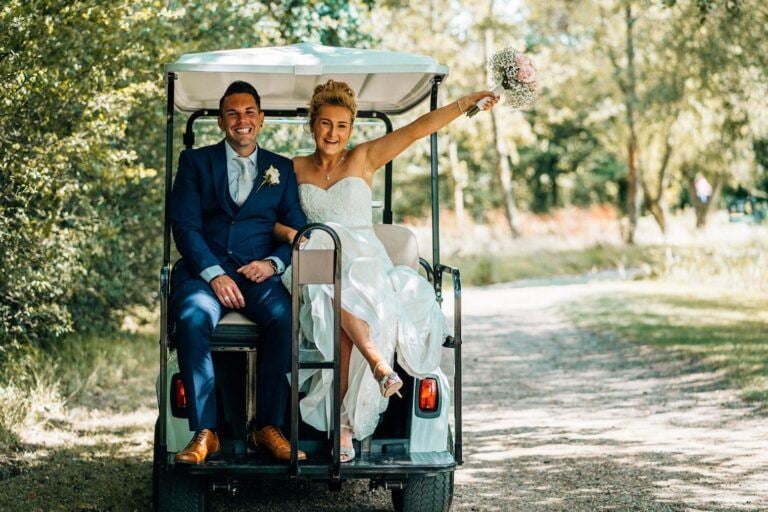
Due to regional running costs like for like, the cost of wedding venues can vary hugely across regions. For example, couples who host their wedding in London pay an average of £10,062 for their venue, which is around £2,500 more than the UK average. It’s hardly surprising that venues in London naturally face higher running costs around property, rental and business rates than in other locations in the country. But this is something to be aware of when allocating your budget.
As a general rule, countryside weddings are often cheaper than those in major cities. For example, Couples who get married in Yorkshire and the Humber pay an average of over £5,500 less for their wedding venue than couples in London. This applies not only to venues, but all the other vendors you’ll hire too, including caterers, photographers, wedding entertainment and celebrants.
So, if you do live in a major city (especially the capital) and are on a budget, why not consider a wedding outside of your hometown? Plus, getting married away from home adds to the excitement and magic of getting married and could make for a handy central location if you have guests travelling from all over the UK.
For some inspiration, check out our selection of affordable venues across the UK.
6. Explore off-peak dates
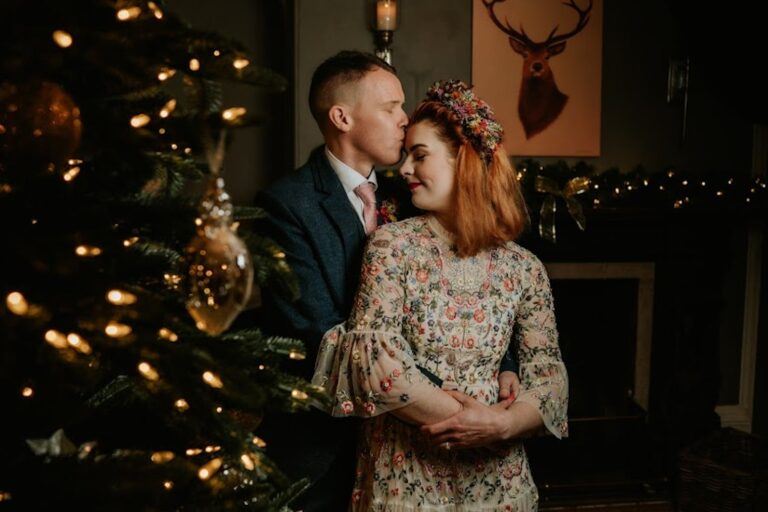
In the UK, peak wedding season is between April and September, with June weddings costing the most, at an average of £23,989. As wedding venues are in high demand during these months, that’s when they’re the most expensive. So, if you’re conscious of your wedding budget, consider avoiding these months.
Between October and March, when there’s generally less demand for wedding venues, costs can be considerably lower. In fact, many venues provide offers and discounts to couples getting married during the off-peak season, which could save you several thousands that you can then re-allocate elsewhere.
Getting married during the off-peak season may also reduce the cost of other vendors, like catering and videographers, which may reduce costs elsewhere. Do note, however, that this isn’t necessarily a guarantee. It all depends on the nature of the vendor’s business, plus seasonality and their staffing approach. Read our ultimate guide to saving money on your wedding for more cost-cutting tips.
7. Consider alternative venues
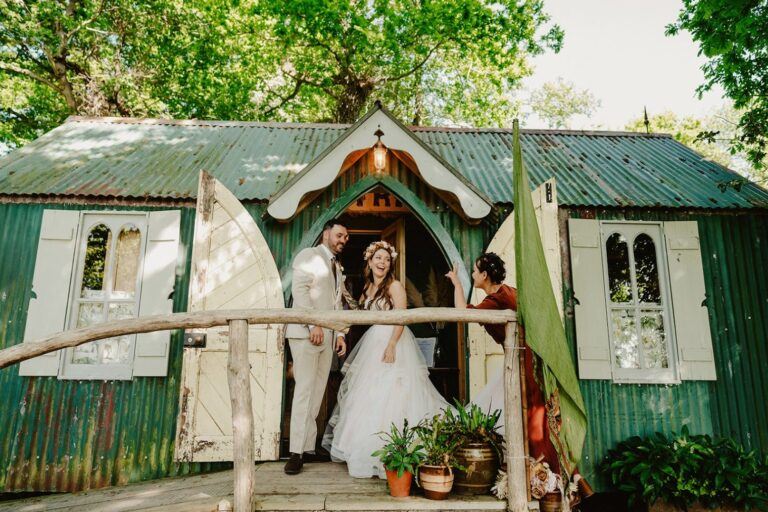
It can be tempting to host a fairytale wedding at a castle or in a stately home, but these venues are among the most expensive. For example, the cost of a wedding at Cliveden House in Berkshire starts at £36,000. Of course, a wedding here will be stunning, but the budget needed is far higher than the UK average, which means it isn’t a viable option for everyone.
To keep venue costs more budget-friendly but the experience just as luxurious, why not consider an alternative or unique venue? You could consider getting married in a garden, on a sunny beach, or in a countryside hotel. An alternative venue will also ensure your wedding fits your personality and is unique.
For something even more personal , you could alternatively say ‘I do’ in your childhood home or a family property for a sentimental touch. If you have the space, you could even get married in your own back garden. At the end of the day, it’s all about what makes you and your partner happy.
8. Go all-inclusive
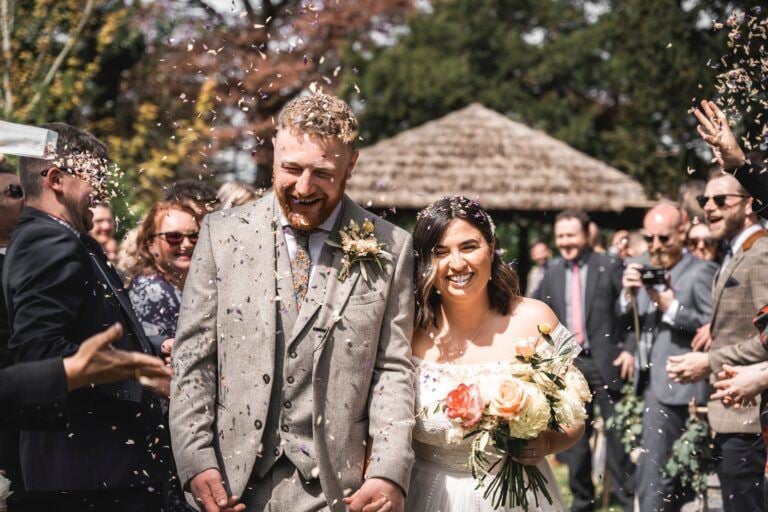
With an all-inclusive wedding venue, you get a location for the ceremony, the wedding breakfast and the reception, as well as catering, seating and table services, all provided by the venue. This way, you won’t need to book multiple vendors, which will typically save you time and money.
Before going for an all-inclusive venue, read their packages thoroughly to make sure it includes everything you want and need, and to make sure it fits within your budget. Check out the all-inclusive packages offered by Best Western Premier Yew Lodge Hotel and Webbington Hotel and Spa to get an idea of how much you could save with an all-inclusive package.
9. Use the venue’s resources
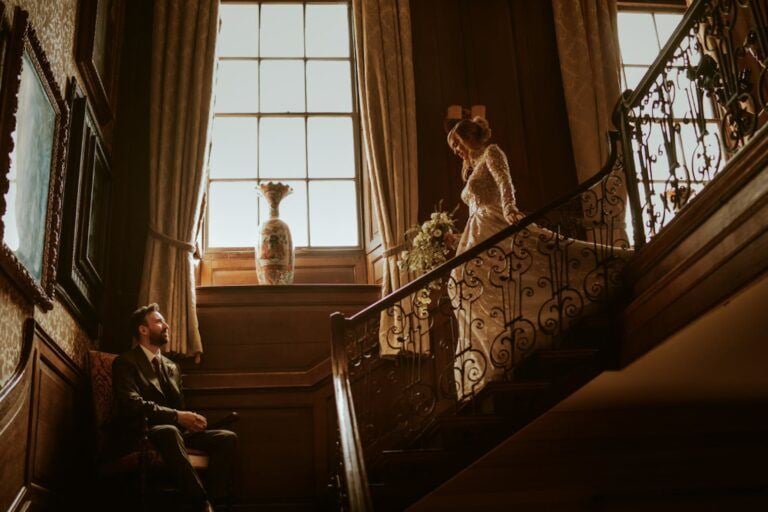
The more rentals you add, the higher the price. This is why you should make use of every resource available. For example, most venues have wedding coordinators on-site. Speak to them about where you can cut back on costs and what facilities they offer for free or at discounted rates.
With an all-inclusive venue, you likely won’t have to pay for linens, chairs, cutlery and tables, so that’s a huge plus point. Additionally, consider the inbuilt lighting and sound systems that may have an impact on what a DJ needs to bring to create the atmosphere you want, or whether they need to be present all day for background music or just for the evening,
10. Search venues with last-minute cancellations
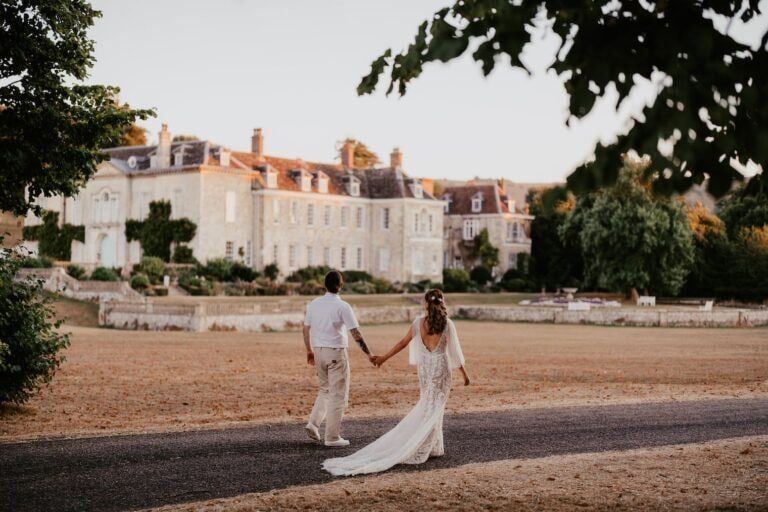
Weddings are often pushed back, moved up or postponed for numerous reasons. That means, one of your favourite venues may unexpectedly have availability that they’re going to struggle to fill. So, to fill the availability and not lose money, the venue will likely try to fill it by offering it a massively discounted rate.
If you’re flexible, look for last-minute cancellations at venues within your area. Chances are you’ll be able to secure a luxurious venue that might otherwise not be possible in your budget. Plus, other vendors affected by the cancellation might also offer you a discount, so it’s worth asking.
Here at Bridebook, we have a wide selection of ‘late availability’ offers that mean you could secure your dream venue for a fraction of the cost. To check for last-minute availability, browse our fabulous range of venues and filter by ‘Exclusive Bridebook Offers’. You’re sure to find something you love!
Save money on your dream wedding
Here at Bridebook, we have a great list of wonderful venues to suit all budgets, with many offering exclusive packages and deals only available when you book through us. Sign up today and start saving when you book your dream wedding!
Browse other similar articles…
- How Much Does a Wedding Venue Cost? The Average 2024 Revealed
- The Ultimate Wedding Budget Breakdown
- How Much Does a Wedding Cost? The 2024 UK Average
- Introduction: Your Wedding Budget
- Hidden Wedding Costs Every Couple Needs To Know About
- Wedding Etiquette: Who (Traditionally) Pays For What?
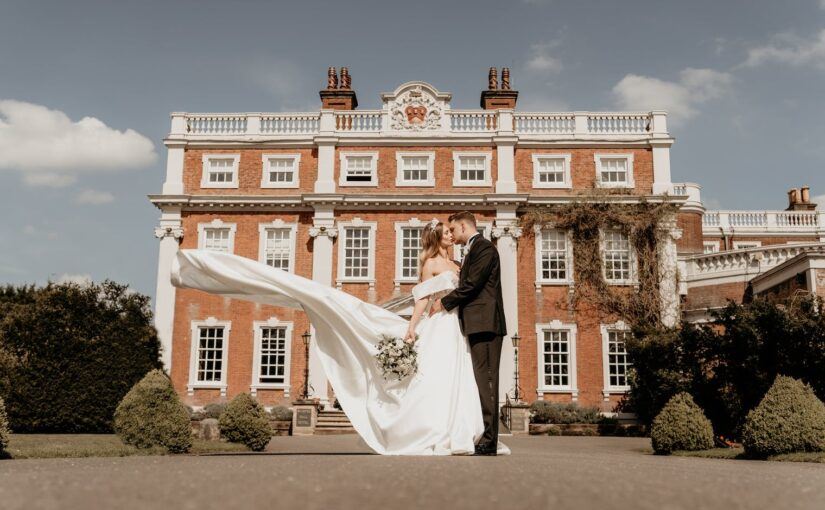








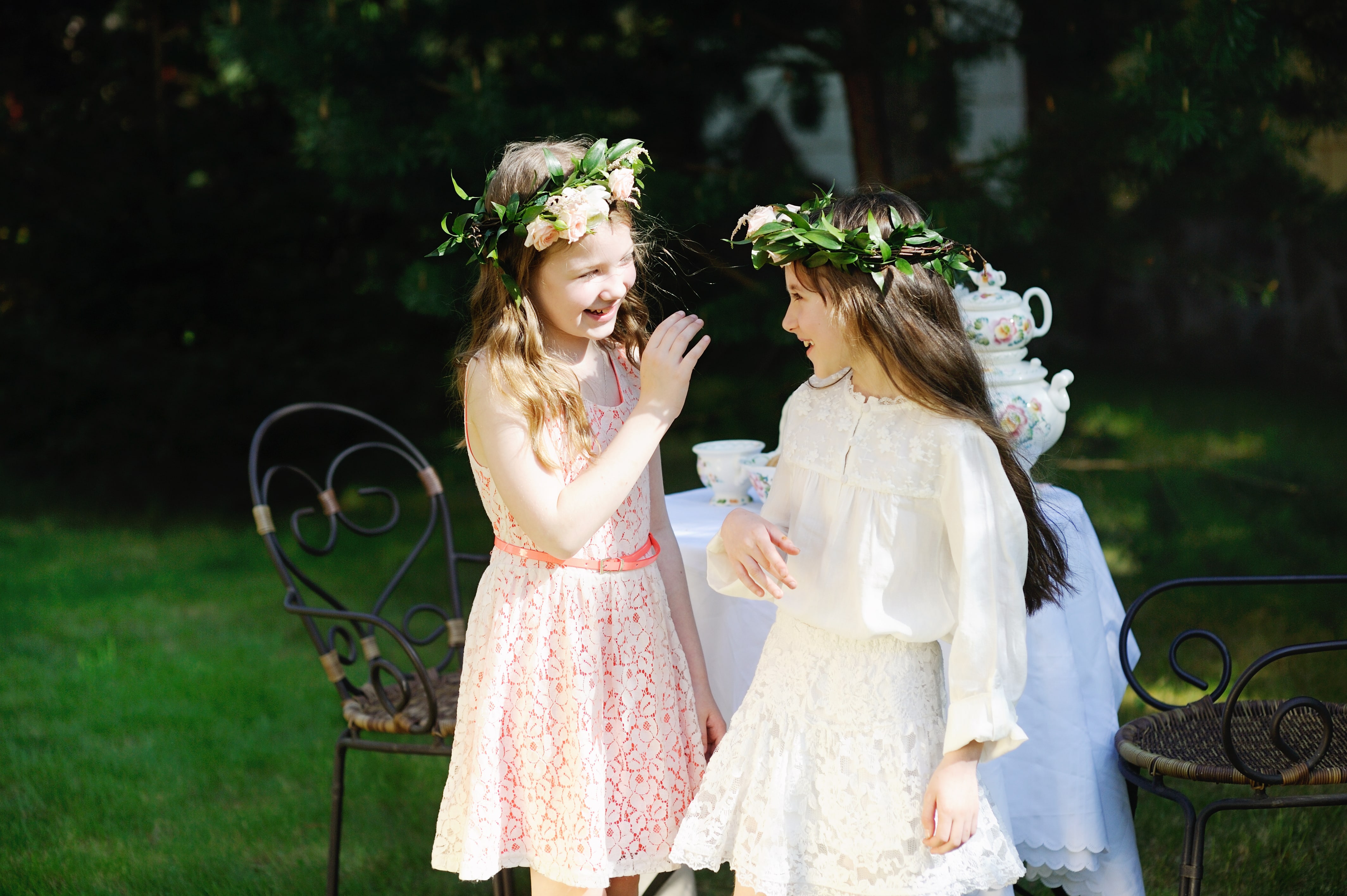

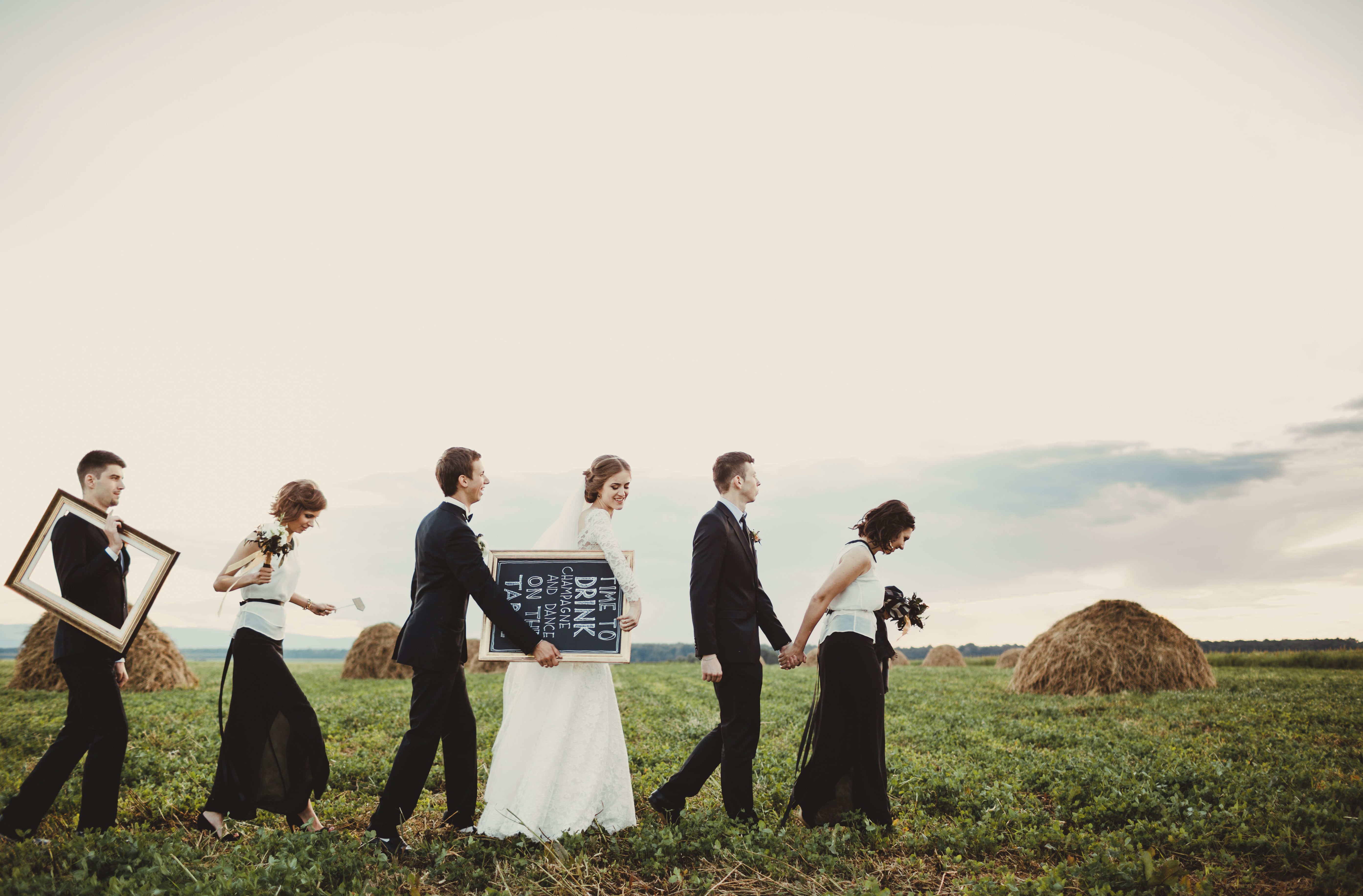



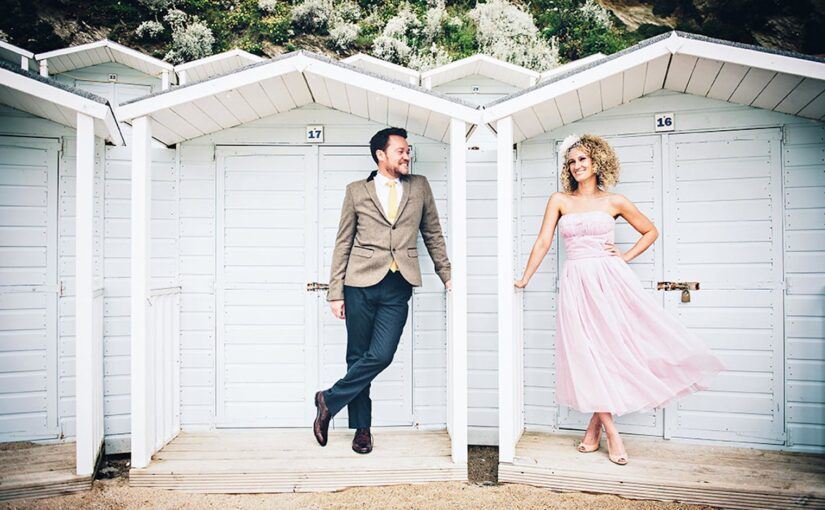
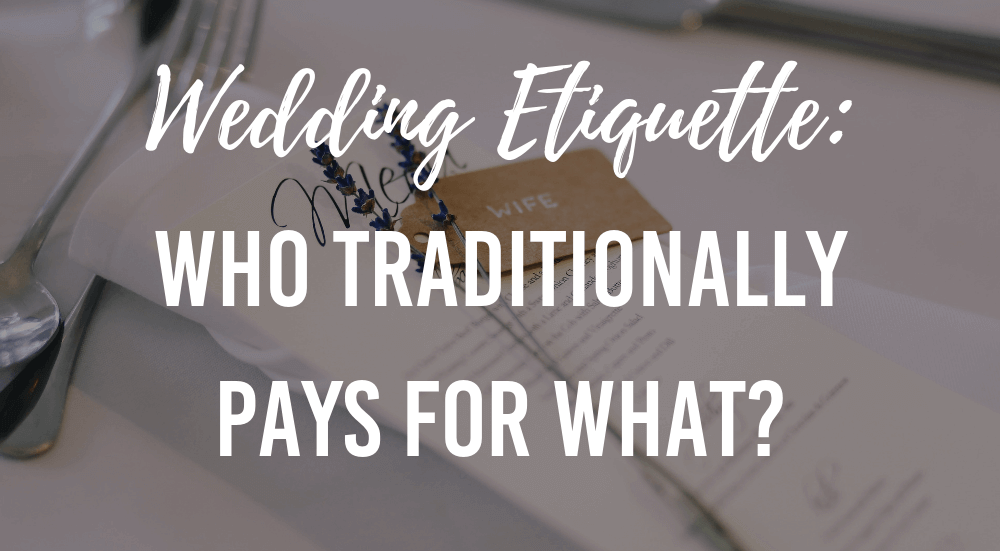 You’re engaged to your best friend, your partner in crime, your ride or die
You’re engaged to your best friend, your partner in crime, your ride or die 